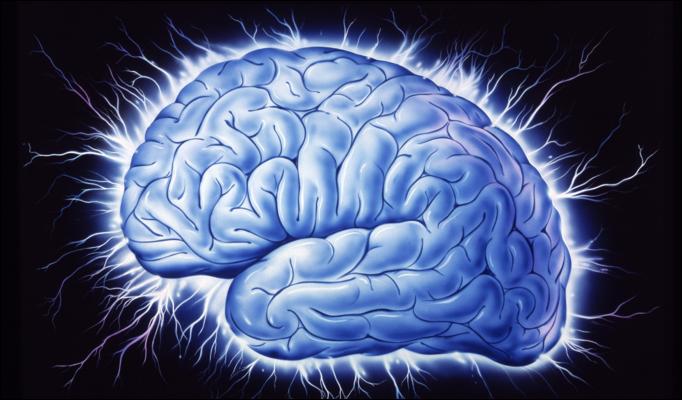Psychology prof talks about wrongful convictions
Psychology professor Jeff Kukucka gave a lecture on Nov. 30 about the criminal justice system and the human behaviors that cause wrongful convictions.
December 8, 2022
Up to 65% of people will confess to doing something they did not do if someone accuses them of it.
That is one reason why so many crime suspects are wrongfully convicted, according to Jeff Kukucka, a Towson University psychology professor who spoke about the criminal justice system at a Psychology Department event last week.
Wrongful convictions are a problem for several reasons, Kukucka said.
“When you’re wrongfully convicted as a person, you’re also failing to apprehend a guilty person,” said. “Nobody wins.”
Plus, the speaker said, “Wrongful convictions are also costly financially. Right? … When the justice system makes mistakes, we pay for it whether through our safety or from our wallets. But everybody in this room, we pay for it. So this is a problem that’s in everybody’s best interest to solve.
Kukucka was the second in the department’s fall speaker series, which will wrap up on Dec. 9 with a talk about the effect of video games on the brain. His speech was titled, “Brain on Trial.”
Wrongful convictions often come about because of faulty witness memories and even police bias, Kukucka said.
Psychology professor Jarred Jenkins, who organized the event, said crime shows on TV have “really activated a lot of interest [in criminal justice] in students.
“I don’t know that the TV shows always well represent” reality, he said.
Maria Kenny, a first-year surgical technology student, said she attended the event “to understand more psychology and … how we live in this society.”
Kenny said forensic science is important to understand what happened at the scene of a crime.
“We need to figure out how it’s happened, that situation, make sure [the law is] not mistaken in … who is guilty, who is not,” Kenny said.
Paige Glass, a first-year transfer studies student, said she was surprised by the number of people who are convicted without committing a crime.
Kukucka said The Innocence Project estimates 3,300 innocent defendants are serving time for murders they did not commit.
“I think it’s just crazy how many people are wrongfully imprisoned,” Glass said. “[You could] be in prison when you didn’t do it.”












